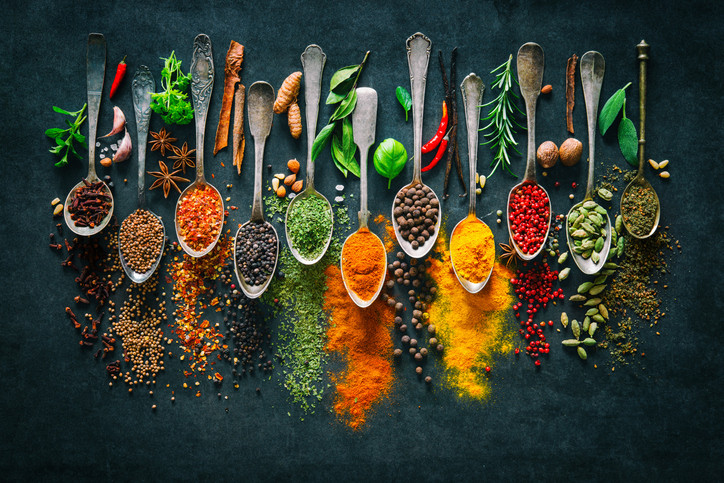
For centuries, herbs have been at the heart of home remedies, cherished by cultures across the globe for their ability to soothe, heal, and restore. In an era dominated by pharmaceuticals and technology, the quiet wisdom of herbal medicine remains a beacon for those seeking gentle, natural solutions. From the fragrant sprigs of mint tucked into tea to the golden roots of turmeric stirred into soups, herbs infuse our daily rituals with subtle strength and time-honored healing. This blog post invites you on a journey through the uses of herbs as home remedies, offering both practical advice and a glimpse into the rich traditions that define nature’s medicine cabinet. Some of these can be included as part of your landscape.
Humans have long turned to their gardens and forests for healing. Ancient Egyptians used garlic and coriander for digestion; Greeks praised thyme and oregano for respiratory health; and Traditional Chinese Medicine revered ginger and ginseng for their balancing effects. In indigenous cultures, elders and medicine people passed down herbal wisdom through generations, using plants to treat wounds, fevers, and spiritual malaise.
Modern science increasingly validates many traditional uses of herbs, yet the allure of home remedies lies not only in clinical efficacy but also in their accessibility. Herbs can often be found in your backyard, local market, or kitchen spice rack, waiting to be transformed into teas, salves, and tonics.
Popular Herbs and Their Hme Remedy Applications

- Chamomile – Known for its calming properties, chamomile is often brewed into tea to promote relaxation and sleep. It’s also used as a gentle digestive aid, soothing upset stomachs and easing bloating. The anti-inflammatory qualities make chamomile compresses effective for skin irritations and minor wounds.
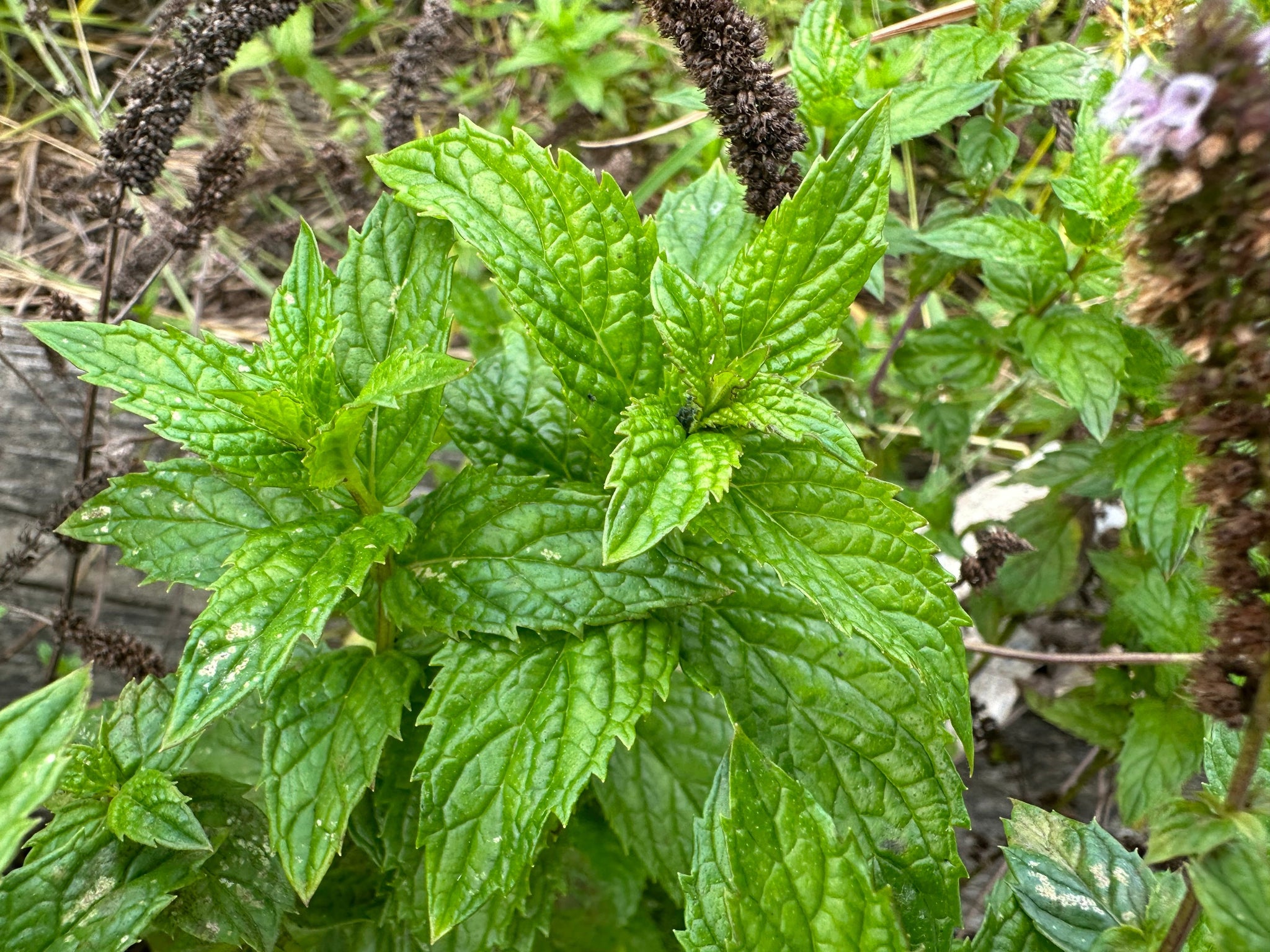
- Peppermint – Valued for its refreshing taste and scent, peppermint tea or oil can relieve headaches, clear sinuses, and combat nausea. A cool peppermint infusion is a classic remedy for indigestion and irritable bowel syndrome. Topically, diluted peppermint oil offers relief from muscle aches and itching.
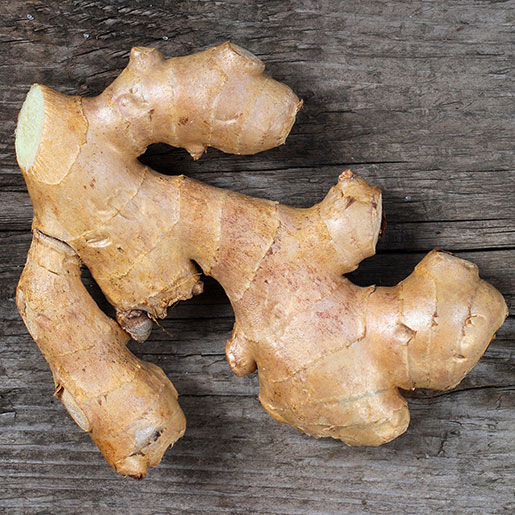
- Ginger – Spicy and warming, ginger root is a renowned remedy for nausea, especially morning sickness and motion sickness. Ginger tea eases sore throats and supports circulation, while ginger poultices are used to reduce joint pain and inflammation.
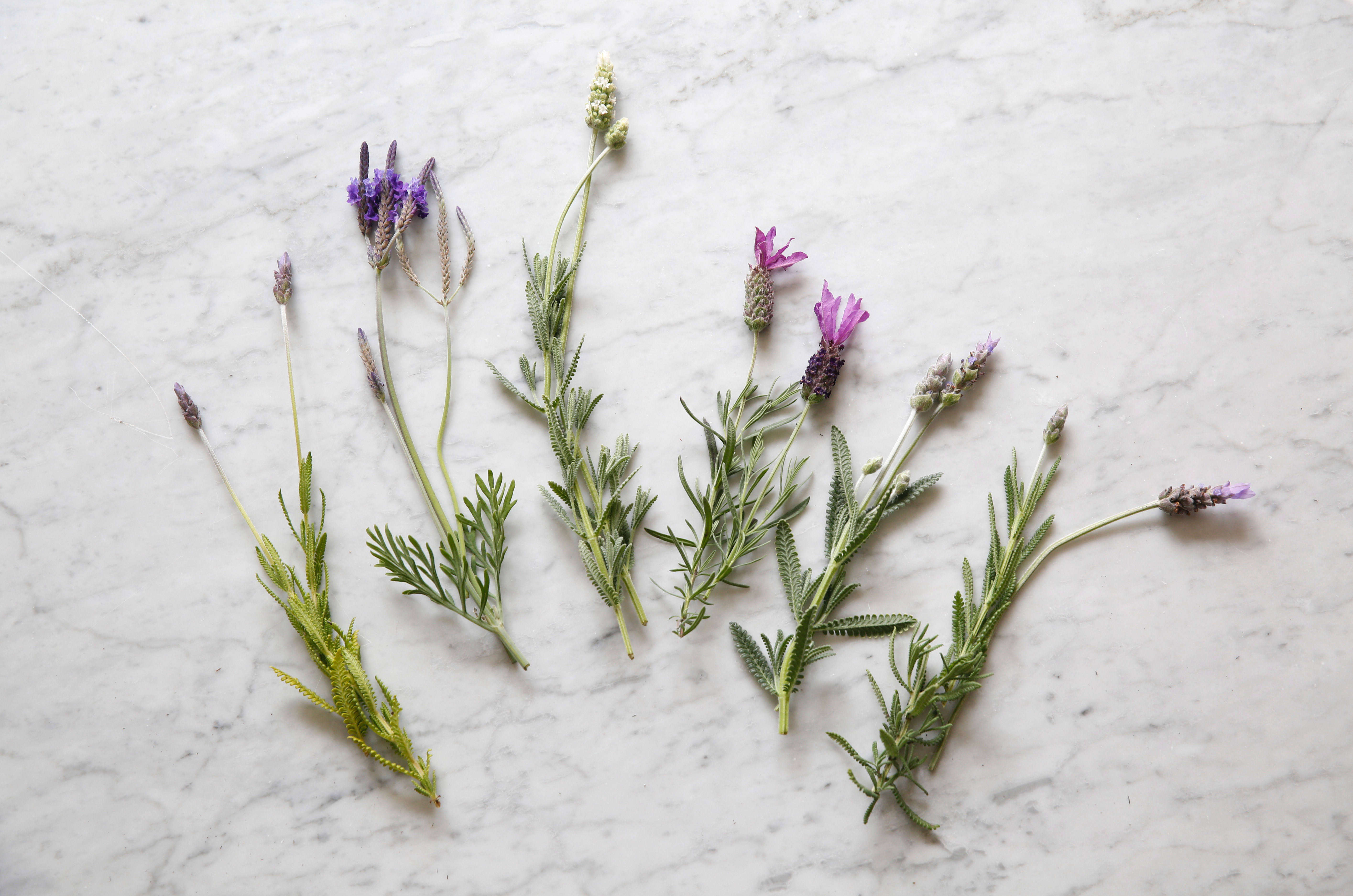
- Lavender – With its soothing fragrance, lavender is a staple in aromatherapy. Lavender oil in baths or diffusers calms anxiety, improves sleep, and uplifts mood. Used topically, it can help heal minor burns, insect bites, and acne.
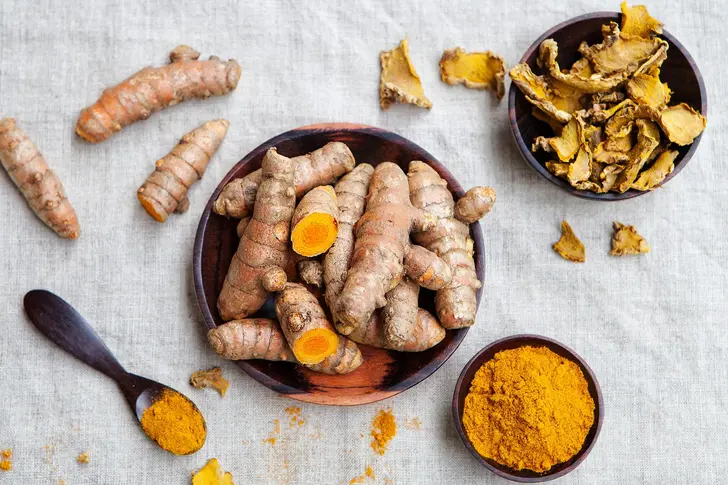
- Turmeric – The golden spice of South Asia, turmeric contains curcumin, a powerful anti-inflammatory compound. Turmeric milk—known as “golden milk”—is a popular home remedy for joint pain, colds, and boosting immunity. Turmeric pastes are applied to wounds to promote healing and reduce scarring.
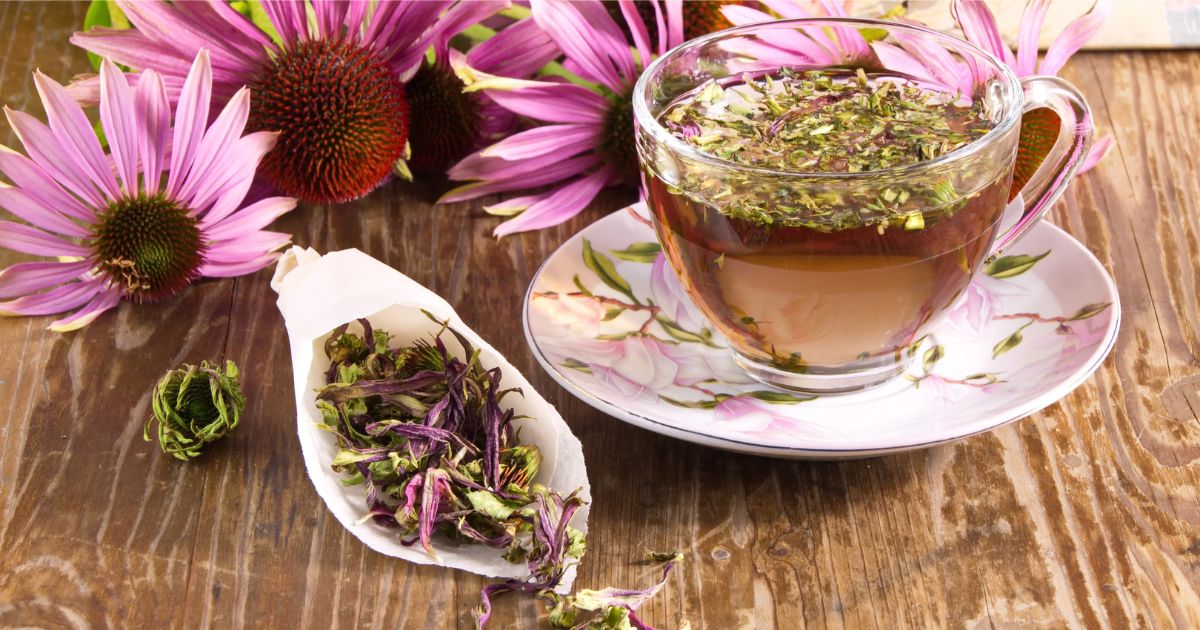
- Echinacea – Celebrated for its immune-boosting effects, echinacea tea or tincture is a common remedy during cold and flu season. Studies suggest it may shorten the duration of respiratory infections and enhance resistance to illness.

- Rosemary – Often used in cooking, rosemary is also valued for its cognitive benefits and antioxidant properties. Rosemary teas or infusions stimulate circulation, improve concentration, and support memory. A rinse of rosemary water strengthens hair and soothes scalp conditions.

- Garlic – Garlic’s potent compounds make it a cornerstone of home remedies for infections and heart health. Raw garlic is said to lower blood pressure, combat colds, and even act as a natural antibiotic. Garlic poultices have historically been applied to wounds for their antimicrobial effects.
Methods of Preparation: Unlocking Herbal Power
- Infusions and Teas: Steeping herbs in hot water draws out their beneficial oils and compounds. Teas are ideal for digestive remedies (like mint and chamomile) and for calming nerves (lavender, lemon balm).
- Tinctures: Alcohol-based extracts concentrate herbal constituents, making tinctures a potent and shelf-stable way to administer herbs such as echinacea or valerian root.
- Salves and Ointments: Combining herbs with oil and beeswax creates soothing topical treatments for skin complaints, muscle pain, and irritation. Calendula, comfrey, and arnica are popular choices for homemade salves.
- Poultices and Compresses: Applying mashed herbs directly to the skin can reduce inflammation and speed recovery. Ginger and mustard are warming, while chamomile and plantain cool and heal.
- Syrups: Herbal syrups blend extracts with honey, making them palatable and effective for coughs, sore throats, and respiratory issues. Thyme, sage, and licorice root are common ingredients.
Safety First: Mindful Use of Herbal Remedies
While herbs are generally safe when used appropriately, not all plants are benign and not all preparations suit every person. Allergies, interactions with medications, and underlying health conditions can affect how herbs work in your body. For example, St. John’s wort may interfere with prescription drugs, and licorice, in excess, can elevate blood pressure. Pregnant or breastfeeding individuals should consult with qualified healthcare providers before using new herbal remedies.
Always source herbs from reputable suppliers, and be particularly cautious about wildcrafting (harvesting from the wild), as misidentification can be dangerous. Start with small doses and observe your body’s response, and remember: natural does not always mean harmless.
Herbs in the Modern Home: Simple Remedies for Everyday Ailments
- Calming Chamomile Bedtime Tea: Steep one tablespoon of dried chamomile flowers in a cup of hot water for 5–10 minutes. Enjoy before sleep for gentle relaxation.
- Ginger-Lemon Sore Throat Brew: Slice fresh ginger root and lemon; steep in boiling water. Add honey to taste. Drink warm to relieve throat discomfort and boost immunity.
- Peppermint Headache Compress: Soak a cloth in cool peppermint tea and apply to the forehead or temples for tension relief.
- Turmeric Golden Milk: Simmer turmeric powder with milk (dairy or plant-based), a pinch of black pepper, and honey. Sip for anti-inflammatory benefits.
- Lavender Bath: Add a handful of dried lavender flowers or a few drops of lavender oil to bathwater for soothing relaxation.
- Rosemary Hair Rinse: Steep rosemary sprigs in boiling water, strain, and let cool. Pour over hair after shampooing to invigorate the scalp.
- Garlic Immune Booster: Crush a clove of raw garlic and mix with honey. Take a teaspoon at the first sign of a cold.
Cultivating Wellness: Growing Herbs at Home
One of the advantages of herbal home remedies is the ability to cultivate your own medicine. Common culinary herbs like basil, thyme, oregano, and parsley thrive on windowsills or in backyard gardens. Medicinal herbs such as calendula, echinacea, and lemon balm are easy to grow and harvest. By nurturing these plants, you not only gain fresh remedies but also forge a deeper connection with the rhythms of nature.
Harvest herbs in the morning when essential oils are most concentrated, and dry them in a cool, dark place for storage. Experiment with blends and preparations, and consider keeping a journal of your experiences to track which remedies work best for your household.
The Spirit of Herbal Healing
Embracing herbs as home remedies is about more than treating symptoms; it is an invitation to slow down, observe, and participate in the healing wisdom of the earth. Each plant carries a story, a lineage, and a unique constellation of benefits. By listening to our ancestors, honoring our bodies, and tending to the green world around us, we open pathways to wellness that are sustainable, empowering, and deeply rooted in tradition.
Whether you’re steeping a simple tea or crafting a soothing salve, the uses of herbs as home remedies offer both practical solutions and a return to harmony with nature. As you explore these gentle gifts, may you find not just relief, but wonder and inspiration in the leaves, roots, and blossoms that heal. Let your home be a sanctuary where ancient wisdom blooms and everyday ailments meet their match in the tender power of herbs.
